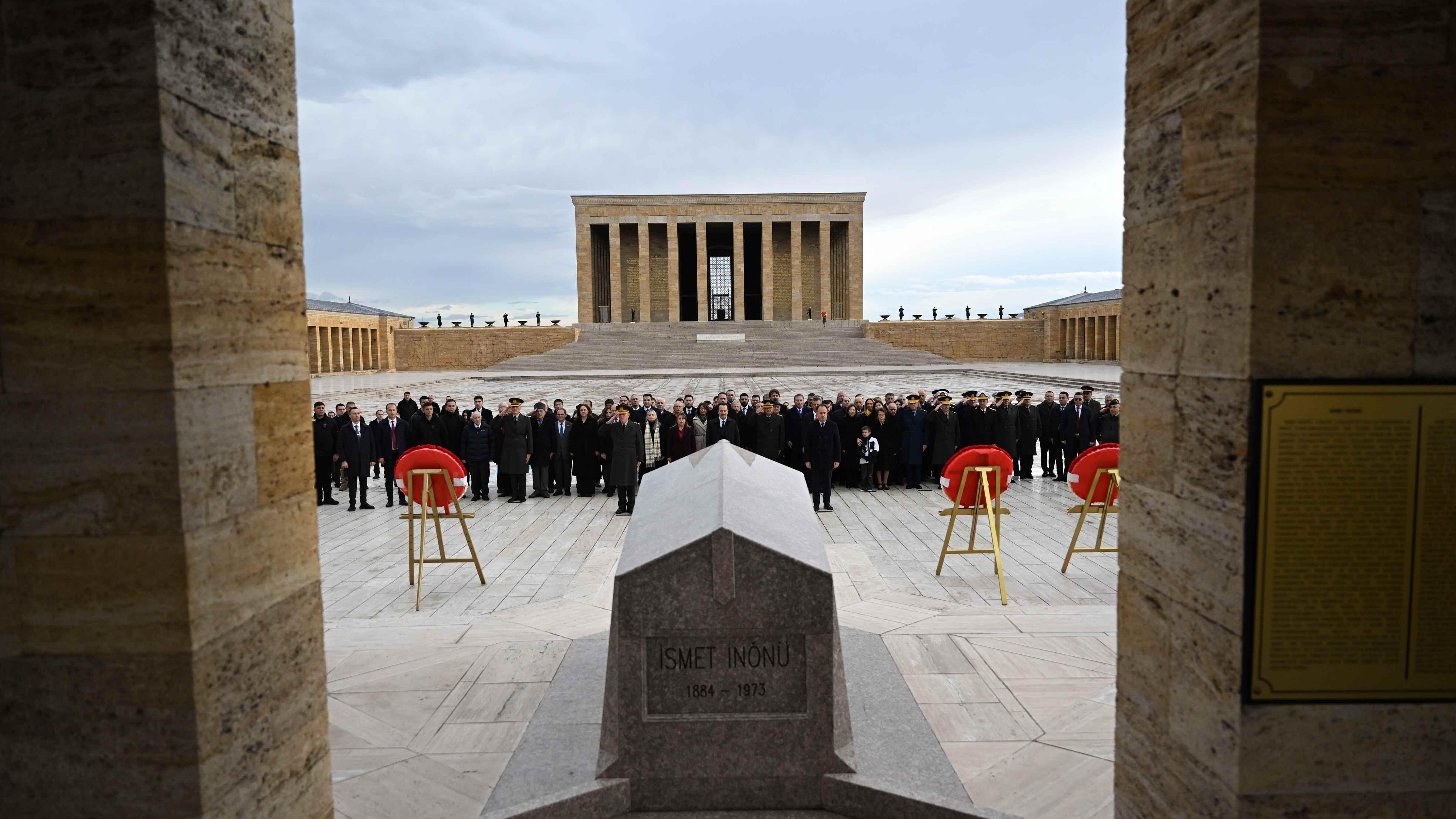Concerns about the upcoming HSYK elections
The General Assembly of the Supreme Court of Appeals (Yargıtay) has elected three original and three substitute members for the Supreme Council of Judges and Prosecutors (HSYK).
The Justice Ministry and some pro-government newspapers have been conducting a campaign for days to influence the HSYK elections. In addition, in the election of department heads in the Supreme Court of Appeals, a number of members of the high court were called to the Justice Ministry, where they were “advised” on how they should cast their votes.
Moreover, they have even been subject to certain warnings regarding a possible “amendment in the law” that will allow 100 new members to be appointed to the high court.
The moves to fill the HSYK with members preferred by the executive power are not limited to these only. For some time, the justice minister, undersecretary, deputy undersecretaries and top bureaucrats of the Justice Ministry have been visiting provinces and asking for votes for the government-supported Unity in the Judiciary Platform (YBP) members.
In these meetings with judges and prosecutors, depending on the occasion, chief inspectors and inspectors also sometimes join. These are authorized to launch investigations, if necessary, into all these top officials.
“We must work in harmony with the executive body,” they say. Indeed, there's no doubt that members of the YBP are “exceptionally in harmony with the executive body.” In fact, statements from YBP spokespersons are widely covered in the pro-government media, and even contain political slogans.
Meanwhile, promises of salary raises, record clearance and overseas training opportunities are being given to judges and prosecutors. The government has also announced a salary increase on an undetermined date.
The honor of the judiciary
Those judges and prosecutors who are not liked are slandered as “members of a certain cult, assassins [hashshashin, the Arabic word for assassin], 'parallel' figures.” Those in the judiciary who make favorable political statements have the red carpet rolled out for them, while those who write verdicts based on laws and who assess the evidence are attacked as being members of the “assassin [hashshashin] cult.”
Imagine the stained honor of a judge or a prosecutor slandered in such a way.
The Justice Ministry does not issue even one sentence to stop such reckless accusations. Isn’t it one of the duties of the ministry to protect the honor of judges and prosecutors?
The judicial community, of course, can see appointments of judges and prosecutors to the HSYK that are in violation of its own regulation. This atmosphere of pressure and the suffocating campaign has drawn reactions from the judicial community.
Are those members of the judiciary who are capable of delivering the most critical verdicts simply children, to be told as if by a parent or a guardian “Do this, do that”?
Both the judge and the prosecutor serving in the judiciary and making decisions based on orders from the “Gülen community” and also the judge and the prosecutor who back the government are all killing justice. Any judge or prosecutor acting with ideological motives is killing justice.
I hope and wish that in the Oct. 12 HSYK elections, all these factions lose, so that a pluralist, independent and impartial HSYK can be elected. Only then will the judiciary be a true house of justice and law.
One of the most respected heads of the Supreme Court of Appeals, the late Recai Seçkin, said the following words 50 years ago as a testament to all of the judiciary: “The door of the court, which is the final door, should be so strong that injustice cannot leak inside.”











